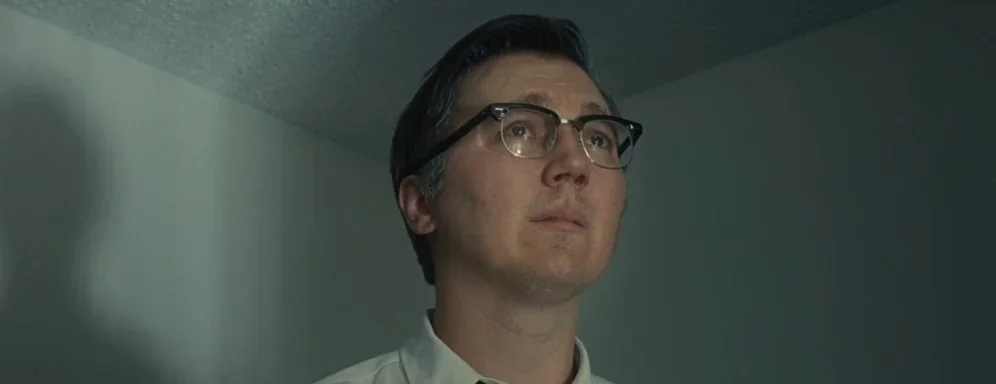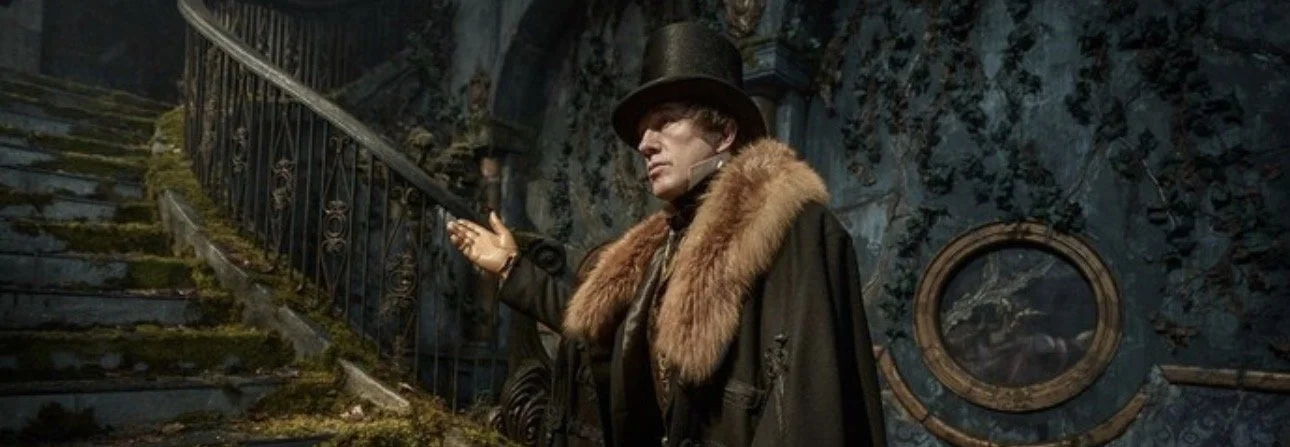
If summer 2011 has taught us anything it's never go in to a movie with high expectations. There have been enough disappointments to cover an entire year's worth of releases. Which is why I dug Rise Of The Planet Of The Apes. Everything was supposed to go horribly wrong with this latest reboot of the franchise - Tim Burton's much maligned reboot in 2001 starring Marky Mark has been consistently mocked. This latest version is directed by Rupert Wyatt, a relative unknown that made his feature filmmaking debut in 2009 with the rather mixed reviewed The Escapist. Haven't really heard much about that movie but suffice to say he does a remarkable job here with the rather slim material he has at hand. It's a popcorn movie through and through even if I couldn't care less for the romantic subplot that the movie slightly invests in but as I said Wyatt only slightly invests in it and it's a smart decision. The real star here in Andy Serkis who plays Cesar, an ape that is at the central part of the film's dilemma. Caesar is raised by Will (James Franco) a scientist that has a father suffering of a severe case of Alzheimer's - the always great John Lithgow plays the said father and he is the driving force for Franco's Will to break the rules and test out a chemical called ALZ 112 on both he and the ape. It works, but not through and through. I won't spoil much but I will say this; Serkis deserves an Oscar nom for the way he brings real feeling to what is essentially a CGI based character, just like he did with Gollum in The Lord Of The Rings. It's a tour de force performance that elevates the movie into something more than just crass entertainment. Twentieth Century Fox has a real winner here and word of mouth will surely bring much mula to the movie's box office. Well deserved might I add.
However, for some Wyatt's movie might be too big, conventional and bombastic for their tastes (I don't blame them) .. which brings me to Mike Cahill's small, low budget Sci Fi enigma Another Earth. A rather flawed but thought provoking journey into a guilt ridden woman's head. She's haunte by a night when she killed a pregnant mother and her son while driving under the influence - the father survives and when she finishes her 4 year jail stint she tries to correct the ties back by masquerading herself as a cleaning lady and developing a risky friendship that could result in dire consequences. Oh and all in the while, in the background, a mysterious second earth has been discovered and is slowly being dissected. It's of course not even close to being scientifically possible but who cares, the film is interesting to a certain point, despite all of its flaws. The ambition is high despite the familiarity of the story. The Conclusion is a satisfying head scratcher despite occasional lapses into dullness. The actors are incredibly intense, especially newcomer Brit Marling who co financed the film with her director Cahill, an ex flame - both worked on the project for years and both are finally getting rewarded for their efforts. The film won a prize at Sundance and the reviews are considerably positive. It's a worthy effort that shows real promise despite the bumps.








